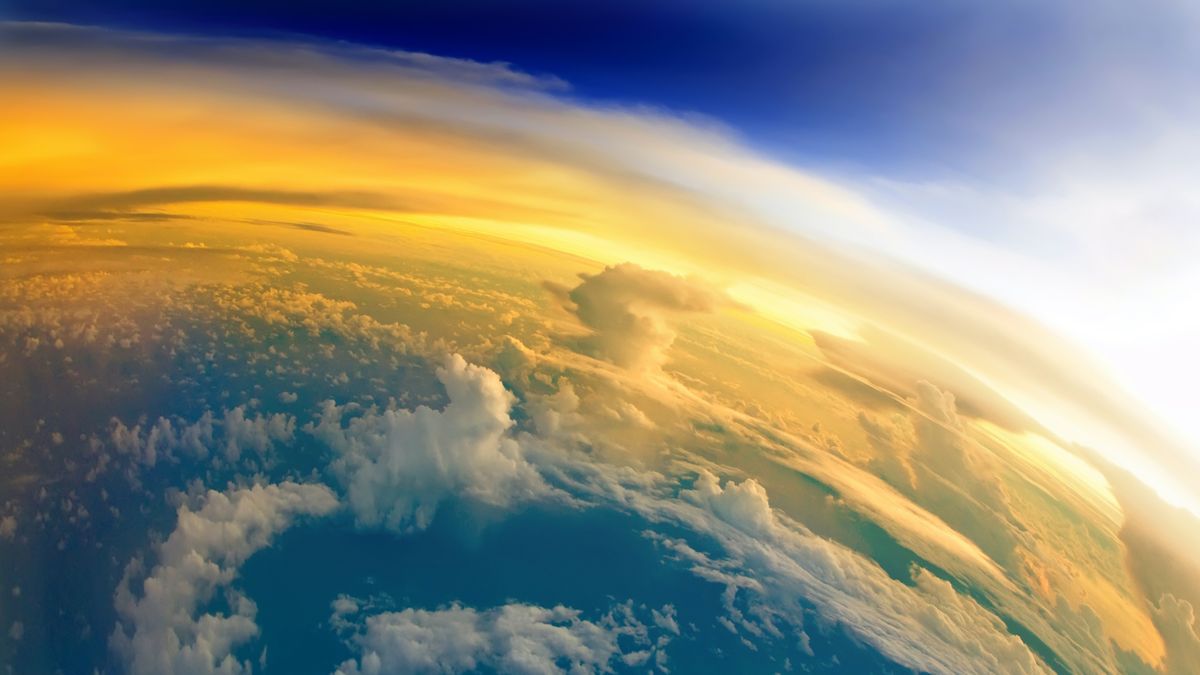
About 71% of Earth's surface is covered with water, and a colossal 96.5% of the planet's water supply is found in the oceans, according to the U.S?
Quite simply, there's billions of gallons of water — mostly in the form of vapor — in the skies right now, and if it all fell at once, it would cause some major problems for millions of people.To put that into context, 1 cubic mile of water would contain approximately 1.1 trillion gallons — enough to fill 1.66 million Olympic-size swimming pools.
It evaporates, turns to vapor, condenses to create clouds and falls back to the surface as precipitation.
"On average, there is about the equivalent of 30 mm [1.2 inches] of rain in the form of vapor available to fall over any point of Earth's surface," Frédéric Fabry, the director of the J.Given that the surface area of Earth is about 197 million square miles (510 million square kilometers), there's around 37.5 million-billion gallons of water in the atmosphere, Fabry said."The amount of water in the atmosphere is controlled by the balance between the flow going into the atmosphere and the flow going out of it," Fabry said."The flow going in the atmosphere is controlled by evaporation from the surface, and that depends on whether there is water at the surface, as well as on temperature.
The average amount of water in the atmosphere varies with season and location, but broadly speaking, "tropical oceans and wet tropical areas have the most water vapor over them, and these move with seasons; Arctic land areas or high-mountain areas have the least," because warm air is far better for carrying water, Fabry said."If temperatures get warmer, evaporation from the surface will increase, and so will the amount of water in the atmosphere," Fabry said.
Water vapor is a very effective greenhouse gas, and when more of it is in the atmosphere, it will contribute to warming and enhance the greenhouse effect
